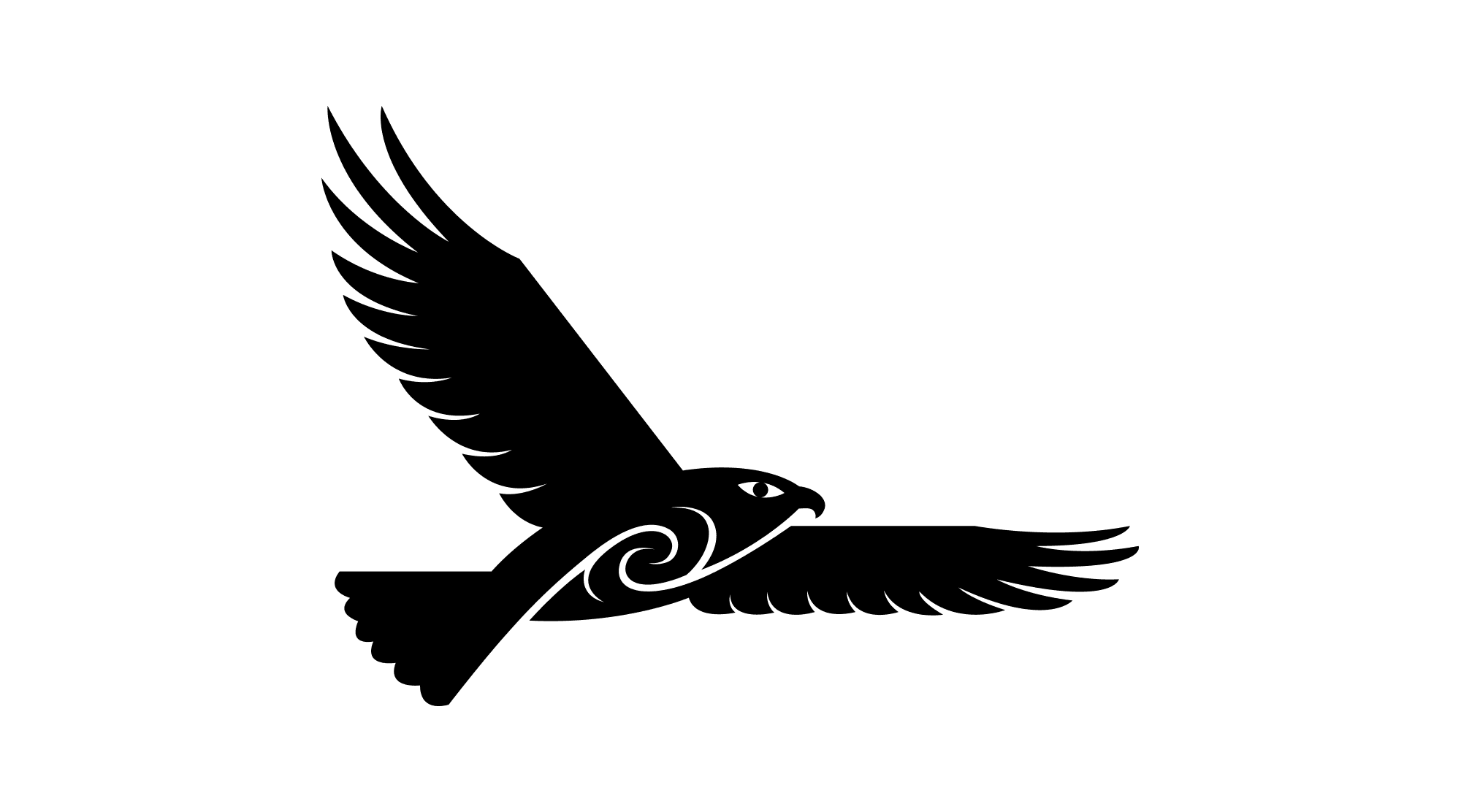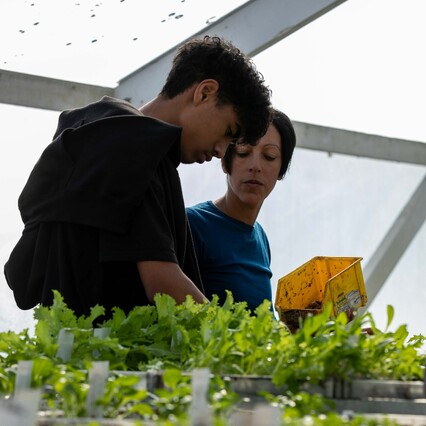About us
Te Kāhu Tiu has been established to provide a transformative programme to divert young men from a lifetime in the criminal justice system.
About our director
The name Te Kāhu Tiu references the soaring hawk that appeared to Amelia, to guide her to the land on which to run this programme.
Amelia recognised the soaring hawk as a sign of affinity with her aspirations to empower struggling young men with perspective and the freedom to fly.
Having adopted the name Te Kāhu Tiu, Amelia was introduced to the whakatauki "Homai te kāeaea kia toro-māhangatia Ko te kāhu te whakaora – waiho kia rere ana!" which instructs that "the kāhu must be saved – to let fly on!" – a reflection of the kaupapa of Te Kāhu Tiu.

"We aspire to 'save' our rangatahi from incarceration and to simultaneously give them wings."
– Amelia Trotter, Programme Director
Our purpose and approach
Te Kāhu Tiu has been established to provide healing and opportunity for young male offenders before they age-into the adult world of Corrections.
At 18 the adult justice system takes a punitive, retributive approach to offenders whose actions are often a direct consequence of childhood trauma. These rangatahi have not benefited from opportunities available to their peers, leading them to feel disillusioned and disenfranchised.

“I never thought it was a big deal that my parents were in prison, my friends all know and it wasn’t a big deal. We all knew that’s where they’re [my friends] gonna be when they get older.”
The purpose of Te Kāhu Tiu is to provide the requisite care and therapeutic intervention these rangatahi require to avoid a lifetime of engagement with the criminal justice system.
Adopting an evidence based, best practice approach, the foundations of Te Kāhu Tiu are leveraged upon the successes of Programme Director Amelia Trotter working with young male offenders. Amelia’s three decades of experiences have demonstrated that these young men are not their past behaviours, they are their potential – productive and engaging members of society.

